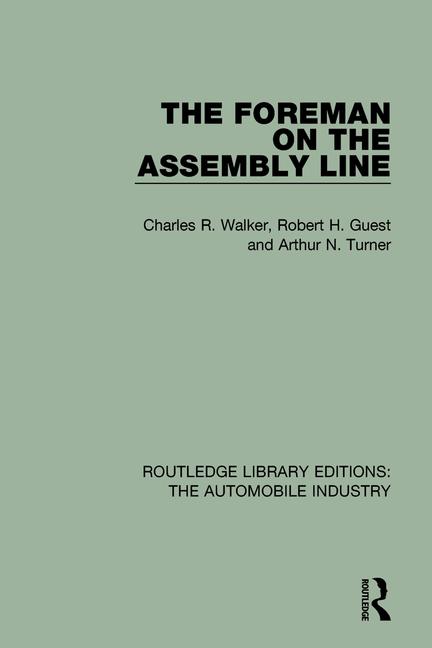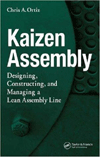SEATTLE, WA—Boeing proposed a 30% general pay increase over four years to more than 32,000 striking workers, in what it called a "best and final" offer. The offer also included reinstating a performance bonus, improved retirement benefits, and a doubled ratification bonus of $6,000 if workers accepted the deal by Friday.
Despite these concessions, the union, the International Association of Machinists and Aerospace Workers (IAM), refused to put the proposal to a vote, saying the offer did not adequately address workers’ key concerns, such as wages and retirement benefits.
Jon Holden, president of IAM District 751 and the union’s lead negotiator, emphasized that the union had not been involved in negotiating the proposal and that it "missed the mark" on several priorities. He noted that it was logistically impossible to organize a vote for over 33,000 workers within the short timeframe Boeing requested. Holden further explained that the union was under no obligation to vote on the company’s offer and preferred to focus on addressing workers' needs through further discussions. Instead of a vote, the union plans to survey its members to gather their opinions on Boeing's proposal.
The strike, which began on September 13, marks the union’s first since 2008, with workers rejecting an earlier offer from Boeing. They have been seeking a 40% pay increase and the restoration of a performance bonus. Boeing’s commercial planes chief, Stephanie Pope, previously insisted that the company had made its best possible offer, but the union argues that the new offer proves that Boeing can do better.
Boeing is under pressure to resolve the strike, which has the potential to cost the company billions and further strain its finances. Despite efforts at federal mediation, the two sides have yet to reach an agreement, and the strike continues to disrupt Boeing’s operations, including the production of its popular 737 MAX jet. The union's decision not to rush a vote signals a prolonged dispute, as workers demand more meaningful improvements in their contract.









